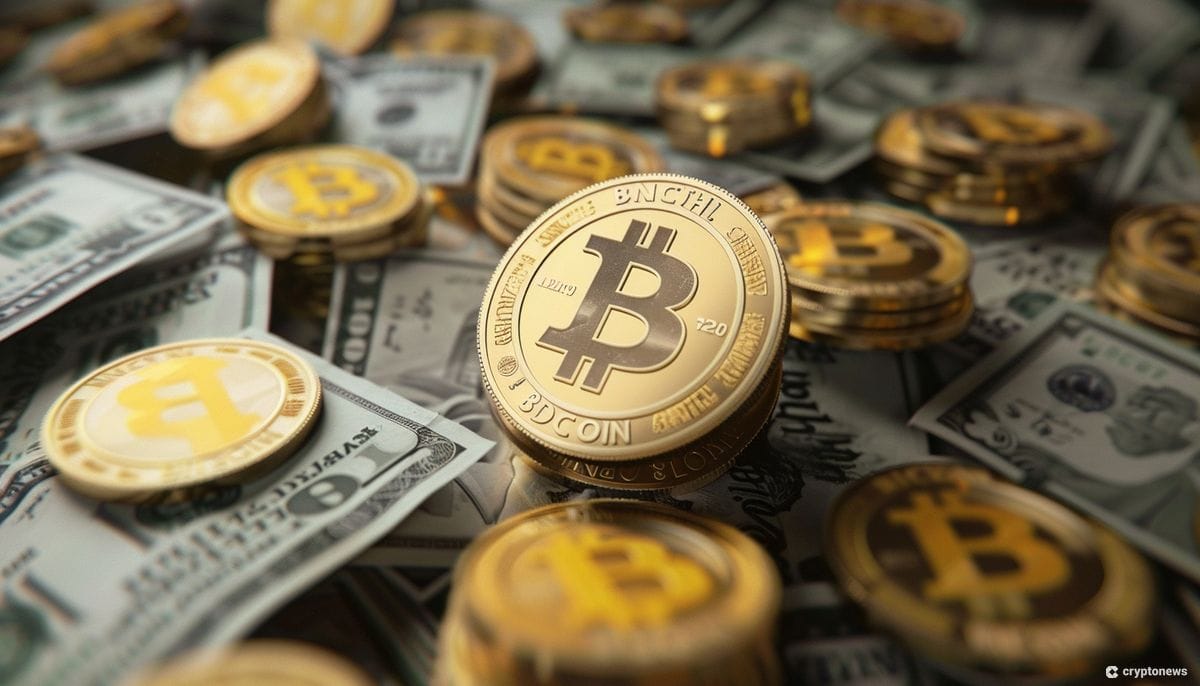Binance Converts User Emergency Fund Assets into USDC for Enhanced Stability

Binance has made a significant strategic move by converting the entire pool of assets held in its emergency fund for users into USDC (USD Coin), a stablecoin issued by Circle Internet Financial.
The exchange’s Secure Asset Fund for Users (SAFU), established in 2018 as a safety net for customers during extreme situations, will now consist entirely of USDC, according to an announcement made by Binance.
Previously, the fund held a mixture of assets, including TUSD, BNB, Bitcoin, and Tether’s USDT, as detailed in a Binance Academy post.
New Binance CEO Changes Strategy
The decision to shift to USDC reflects the latest shift in strategy under the leadership of CEO Richard Teng, who took over from Changpeng “CZ” Zhao following a plea deal with US agencies in November 2023 that resulted in a substantial $4.3 billion fine.
Teng has since overseen the spin-off of Binance’s venture capital unit and implemented stricter requirements for token listings on the platform.
While the SAFU fund is typically maintained at approximately $1 billion, its value has fluctuated in response to market movements in the past.
Binance’s announcement highlighted the advantages of using a trusted, audited, and transparent stablecoin like USDC, which aims to maintain a price level pegged to the US dollar.
The conversion to USDC provides enhanced reliability and stability for the fund, ensuring it remains at the $1 billion mark.
The value of the fund can be monitored in real time through a publicly available blockchain address, adding transparency to the process.
Chris Holland, a partner at HM, a compliance consultancy firm based in Singapore, praised the decision, stating that the “100% USDC composition gives certainty to the value of the fund in US dollar terms.”
By leveraging the stability and trustworthiness of USDC, Binance aims to strengthen its emergency fund and provide increased confidence to its users.
Binance Appoints Board of Directors
Earlier this month, Binance named a board of directors for the first time in an effort to reshape its image following last year’s guilty plea to US charges of anti-money laundering and sanctions violations.
Gabriel Abed, former ambassador of Barbados to the United Arab Emirates, has been appointed as the chairman of the seven-member board.
The remaining board members include Chief Executive Officer Richard Teng, along with three other company executives, namely Heina Chen, Jinkai He, and Lilai Wang.
The two outside members are Arnaud Ventura, managing partner at investment firm Gojo & Co, and Bayview Acquisition Corp. CEO Xin Wang.
Establishing a board and appointing a chairman are among the first steps Binance has taken to adopt a more conventional corporate structure after years of operating without a headquarters.
The company agreed to pay $4.3 billion in February as part of a plea deal approved by a US judge.
Binance’s founder, Changpeng Zhao, also pleaded guilty to anti-money laundering and sanctions violations and is awaiting sentencing in April.
Last month, a group of investors who sought to sue the exchange, its former CEO Changpeng Zhao, and other executives were given a fresh chance to pursue their case.







